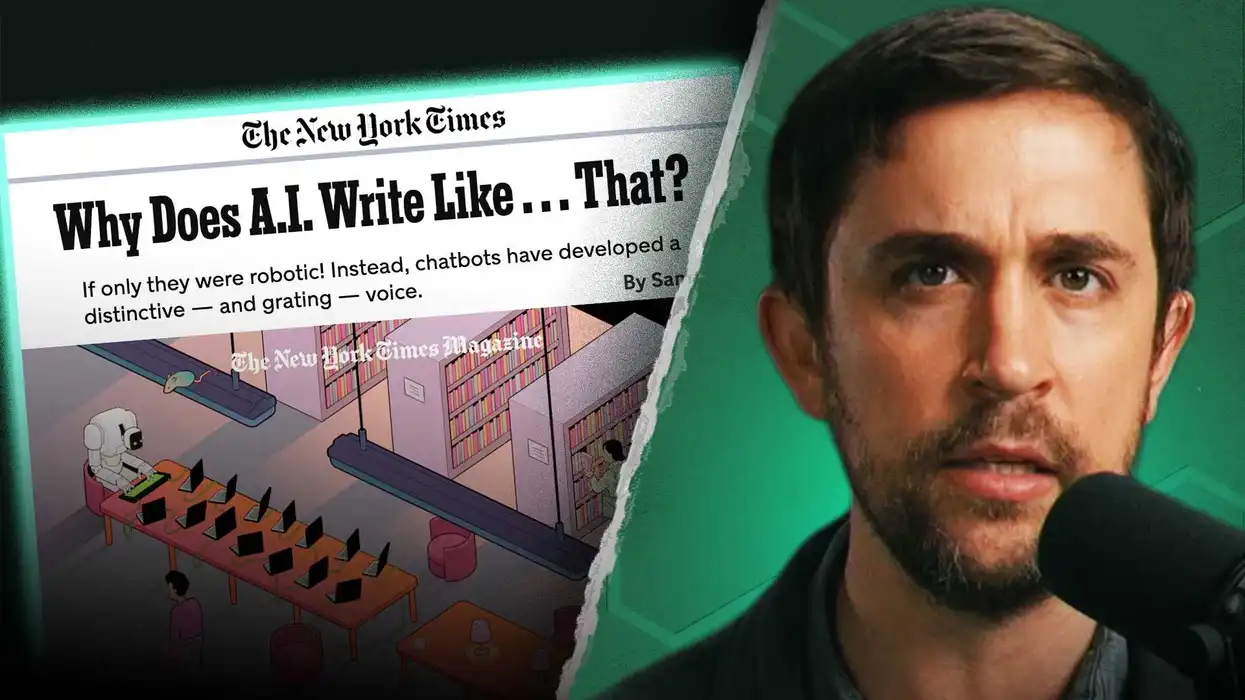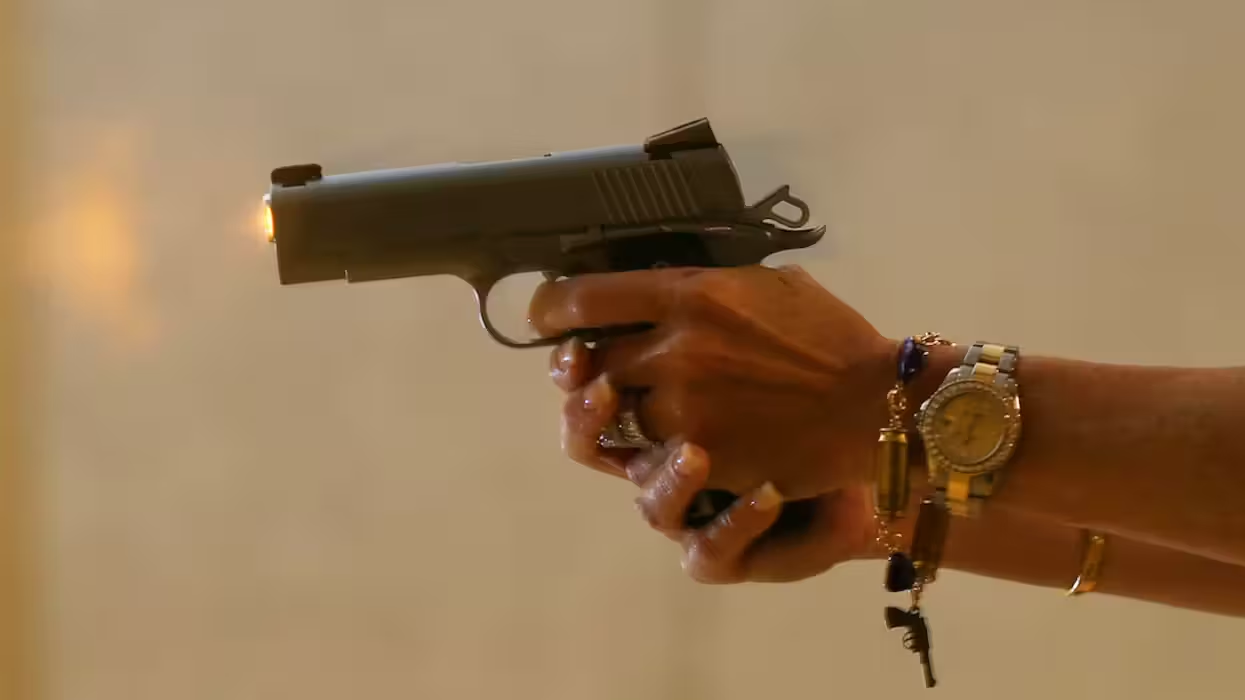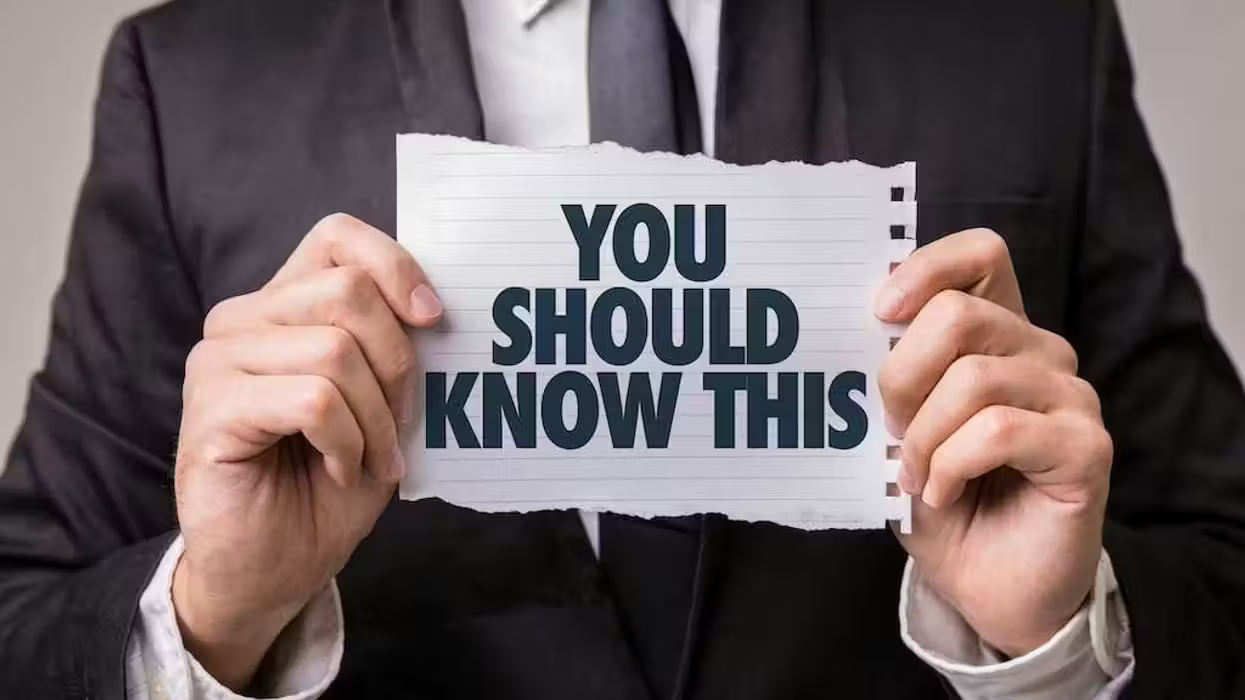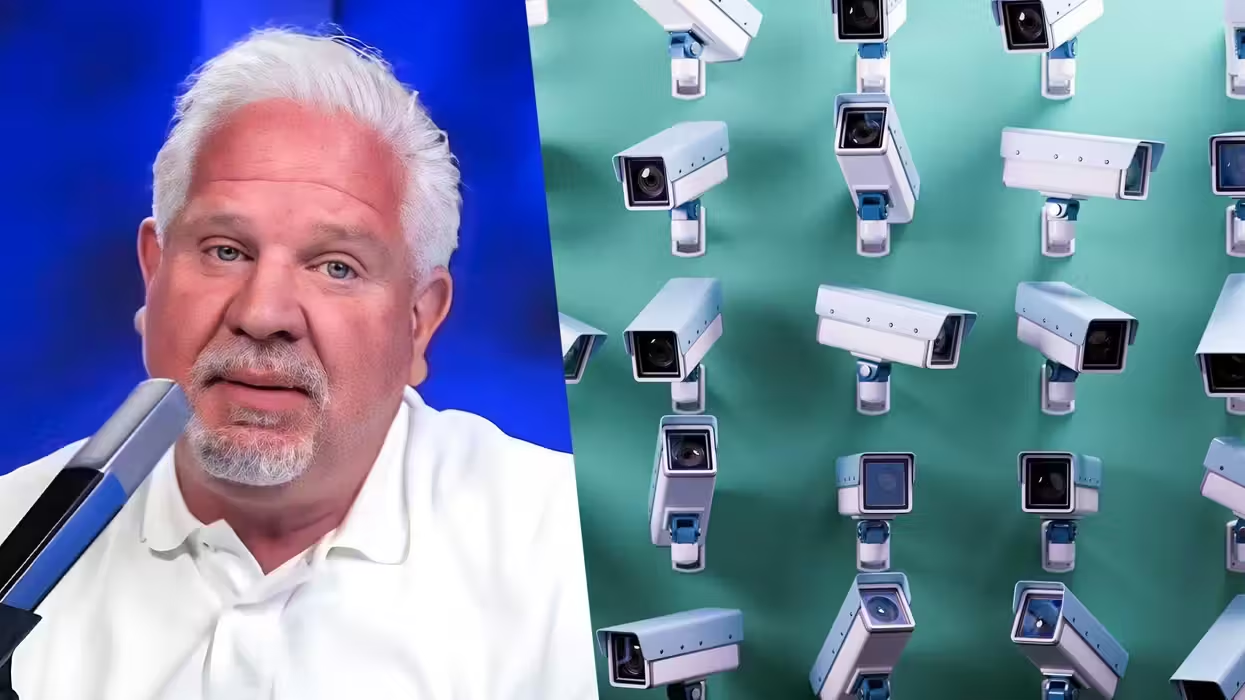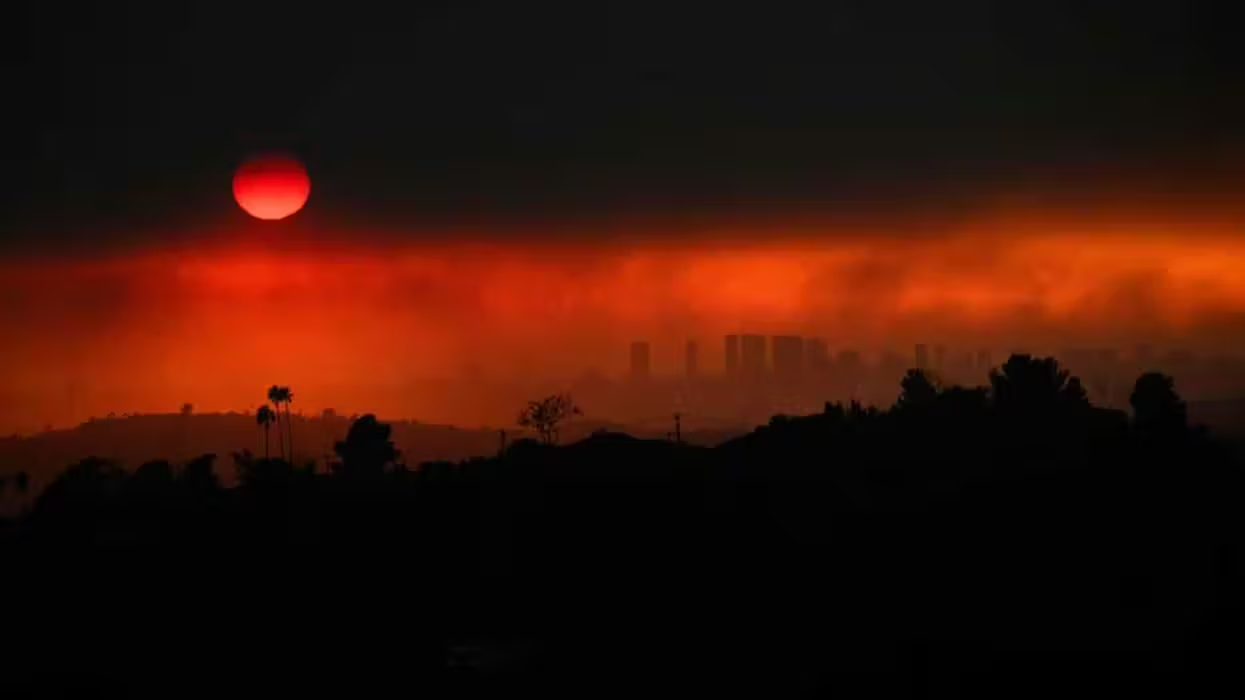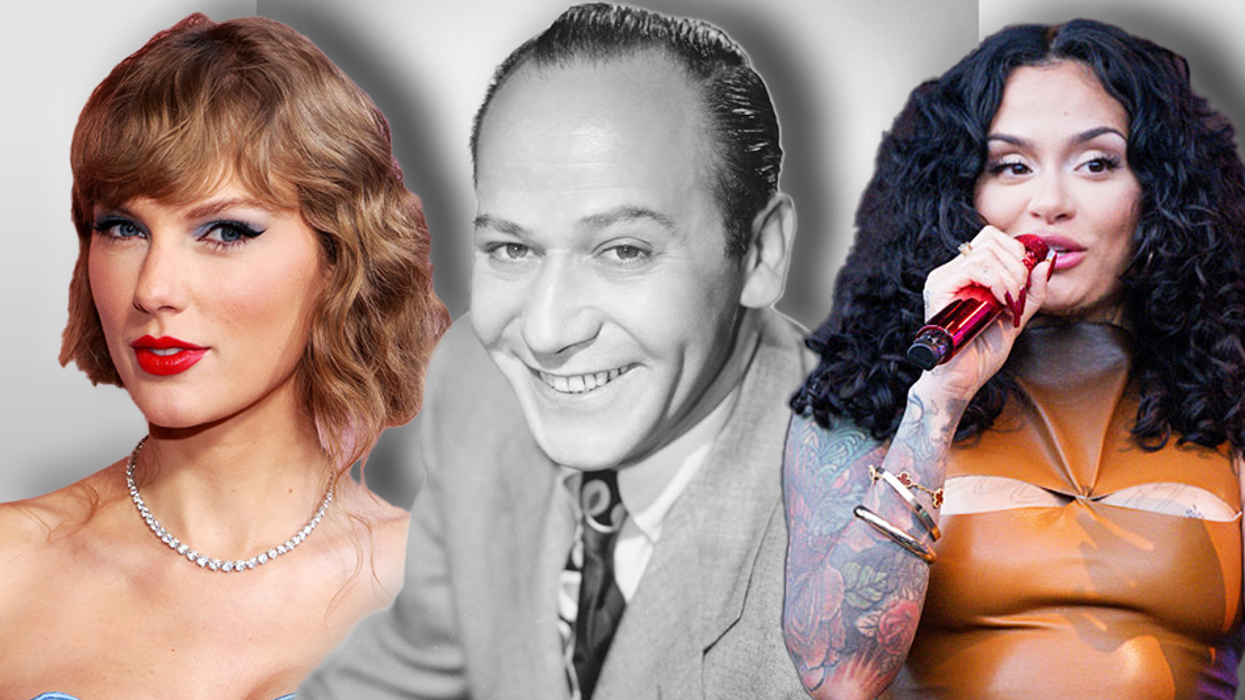
© 2025 Blaze Media LLC. All rights reserved.
Why Are Aboriginal Children Being Removed From Canadian Parents at an 'Alarming' Rate?
December 11, 2012
"culmination of decades worth of social ills"
 Children play outside the Aamjiwnaang First Nation Reserve school in Canada, across the U.S.-Canada border from Port Huron, Mich., Oct. 21, 2005. (Photo: AP/Carlos Osorio)
Children play outside the Aamjiwnaang First Nation Reserve school in Canada, across the U.S.-Canada border from Port Huron, Mich., Oct. 21, 2005. (Photo: AP/Carlos Osorio)
It's not the first time in recent years discussion about the welfare of aboriginal children -- or First Nations children -- in Canada and their removal from biological parents has been discussed. But with these children being taken from parents at a high rate in recent years due to a law that some find ambiguous in its definitions, the issue is cropping up again.
Press TV reported a mother saying 32 armed officers who were part of a government counter-terrorism team took her children. Press TV pointed out that the Canadian government in Ontario removes an average of 64 children out of 10,000 from parents and in Alberta 111 children out of 10,000 are taken. It calls this an "alarmingly high rate." For comparison, it stated that Japan takes an average of 17 children per 10,000.
Watch the Press TV's report:
In the video, one parent says the removal of the children comes down to a "money-making scheme because a lot of children have been sold into adoption." The parent also said that it is used to eradicate native traditions and aboriginal claims to land.
Press TV doesn't specify the law that it says parents consider "ambiguous with nebulous allegations of 'neglectful parenting'," but one that is integral at enforcing welfare standards for children in the country, including those of indigenous people, is the U.N. Convention on the Rights of the Child.
The convention was ratified by Canada in 1991. Since then, UNICEF states that "Canada’s governments, schools and other institutions have progressively changed a number of laws, policies and practices to uphold children’s rights." Recently, the Canadian Council of Child and Youth Advocates (CCCYA), which works to implement the convention in the country, hosted the vice-president of the United Nations Committee on the Rights of the Child, Marta Maurá, who said the state of children in the country has continued to deteriorate, even after ratification.
"According to the UNICEF scorecard for industrialized countries, Canada stands 24th out of 35, with one in seven children - and one in four First Nations children - living in poverty,'' Maurás said, according to a press release from the CCCYA (via the Sacramento Bee). "Issues of low-quality welfare services - particularly for the many children placed out of their homes for care - domestic violence, bullying and ill mental health affect children, especially if they are Aboriginal or Afro-Canadian, immigrants or suffer from some form of disability. Canada can afford to do better."
In February 2012, the CCCYA released a report in which it said the government needed to specifically address the health, education and other rights of Aboriginal children.
"Child advocates across Canada share a number of concerns, including the over-representation of Aboriginal children in care and the quality of services those children receive, child poverty rates, and the lack of consistency when it comes to youth mental health treatment. We are confident this visit will help further inform the UN on the status of Canada's implementation of the Convention on the Rights of the Child,'' Turpel-Lafond, B.C.'s Representative for Children and Youth, said in CCCYA's press release.
According to a report by the Canadian Broadcast Company last year, there were more than 27,500 children of indigenous parents removed from their natural homes. This amount, it stated, is more than double the number that were forced into the residential school system in the 1960s. At the time of CBC's 2011 article, former auditor general Sheila Fraser estimated that although aboriginals only composed 8 percent of the Canadian population, First Nation children were eight times more likely to be apart of the welfare system than other Canadian children. A report by First Nation's leader John Beaucage found slightly different numbers showing aboriginals composed only 2 percent of the population and 10 to 20 percent of their children were in care.
Beaucage called this the "culmination of decades worth of social ills," which included poverty and addiction, as well as politics that has conspired to remove First Nations children from parents, CBC reported.
As for how the U.N.'s Rights of the Child convention has played out in the United States, the U.S. is one out of only a few countries not to have ratified the convention.
Measures in the Rights of the Child convention that some advocacy groups like ParentalRights.org take issue with include some of the following:
- A child’s “right to be heard” would allow him (or her) to seek governmental review of every parental decision with which the child disagreed.15.
- According to existing interpretation, it would be illegal for a nation to spend more on national defense than it does on children’s welfare.16.
- Children would acquire a legally enforceable right to leisure.17.
- Christian schools that refuse to teach "alternative worldviews" and teach that Christianity is the only true religion "fly in the face of article 29" of the treaty.18.
- Allowing parents to opt their children out of sex education has been held to be out of compliance with the CRC.19.
- Children would have the right to reproductive health information and services, including abortions, without parental knowledge or consent.20.
Last year, 31 GOP senators signed a resolution that opposed the convention. As of February 2012, 38 senators supported this resolution to oppose the treaty, according to ParentalRights.org. In a similar way, many Republican senators also recently blocked ratification of the U.N.'s Convention on Rights of Persons With Disabilities, which parental rights groups saw as a victory.
Editor's note: We've received a few emails from readers questioning the motives of Press TV running such a story. TheBlaze has found other reports from other sources in the past of similar accounts of indigenous Canadian children being taken from parents and have included them in this report. Here is an example reported on by CBC News last year.
Related:
- Republicans Defeat Ratification of the U.N.'s 'Rights of Persons With Disabilities' Treaty in Senate
- Don't Let the Language Fool You: Here's Why Conservatives Are Still Voicing Opposition to a UN Treaty for the 'Rights of Persons With Disabilities'
- Anderson Cooper and GOP Senator Clash During Interview on U.N. Disabilities Treaty
Want to leave a tip?
We answer to you. Help keep our content free of advertisers and big tech censorship by leaving a tip today.
Want to join the conversation?
Already a subscriber?
more stories
Sign up for the Blaze newsletter
By signing up, you agree to our Privacy Policy and Terms of Use, and agree to receive content that may sometimes include advertisements. You may opt out at any time.
Related Content
© 2025 Blaze Media LLC. All rights reserved.
Get the stories that matter most delivered directly to your inbox.
By signing up, you agree to our Privacy Policy and Terms of Use, and agree to receive content that may sometimes include advertisements. You may opt out at any time.

